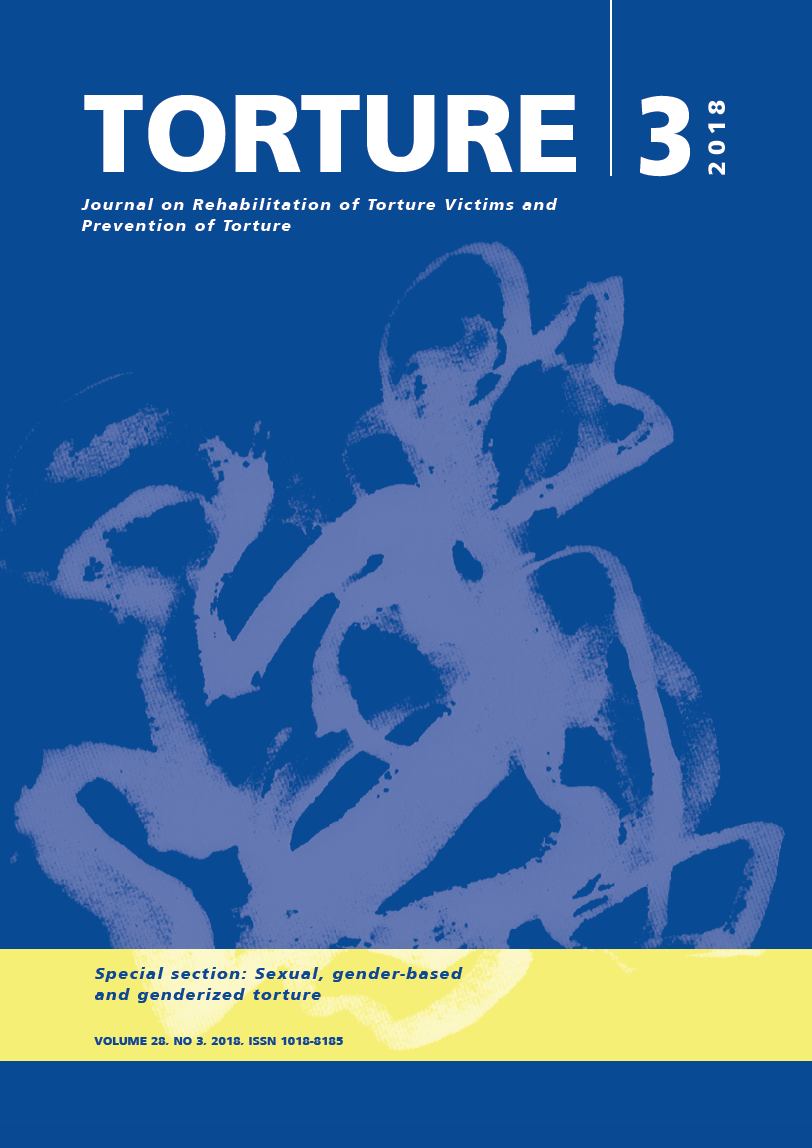“We are the memory representation of our parents”: Intergenerational legacies of genocide among descendants of rape survivors in Rwanda
DOI:
https://doi.org/10.7146/torture.v28i3.111183Keywords:
Genocide, rape, trauma transmission, intergenerational, RwandaAbstract
Introduction: The 1994 genocide against the Tutsi in Rwanda subjected thousands of women to rape as part of a range of other genocidal atrocities. This article explores what it means in everyday life to be a descendant of such mothers. Methods: A qualitative study was conducted in eastern Rwanda. The twelve respondents, all descendants of genocide-rape survivor mothers, participated in focus group discussions and semi-structured interviews. Topics focused on different aspects of the intergenerational transmission of trauma and the mitigation of this transmission by the psychosocial support from which their mothers benefited. The phenomenological method as developed by Giorgi (2012) was used to analyze the transcripts. Findings: All respondents, regardless of their birth circumstances, are marked by growing up with a severely traumatized mother. Children conceived during rape are specifically marked by the absence of a perpetrator father unknown to them, the others by the lack of many (extended) family members. They all benefited from the psychosocial support provided to their mothers. Discussion: Genocidal rape causes specific kinds of suffering and specific identity problems for the children born as a consequence of genocide-rape. However, even if the children were not conceived during the rape, their level of suffering is similar. Conclusion: The effects of the intergenerational transmission of trauma related to the 1994 genocide against the Tutsi in Rwanda should be recognized among all youth deeply affected by it. Appropriate policies and programs should be designed and implemented to moderate the effects and strengthen resilience to ensure a peaceful future on an individual, interpersonal, and inter-relational community levels.
Downloads
Additional Files
Published
How to Cite
Issue
Section
License
We accept that some authors (e.g. government employees in some countries) are unable to transfer copyright. The Creative Commons Licence Attribution-NonCommercial-NoDerivatives 4.0 International (CC BY-NC-ND 4.0) covers both the Torture Journal and the IRCT web site. The publisher will not put any limitation on the personal freedom of the author to use material contained in the paper in other works which may be published, provided that acknowledgement is made to the original place of publication.


